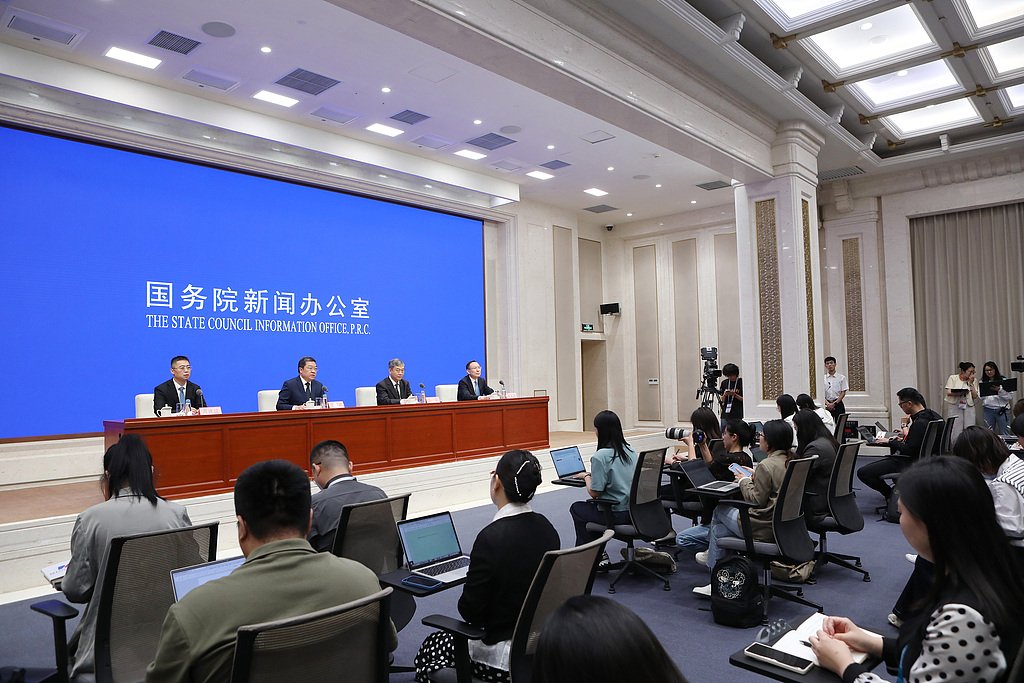Beijing, June 3, 2025 – The Europe Today: China will host the Second Belt and Road Conference on Science and Technology Exchange from June 10 to 12 in Chengdu, capital of southwest China’s Sichuan Province. The event is expected to bring together representatives from over 100 countries and international organizations, officials announced at a press conference on Tuesday.
The upcoming conference will serve as a key platform to enhance global cooperation in science, technology, and innovation under the framework of the Belt and Road Initiative (BRI). It reflects China’s continued commitment to promoting inclusive development and technological progress among participating countries.
Over the course of the three-day event, delegates will engage in a wide range of thematic activities, including discussions on artificial intelligence, traditional Chinese medicine, technology-driven poverty alleviation, international mega-science projects, and strategies for aligning science and policy across the BRI community.
“Science and technology cooperation is a vital component of Belt and Road collaboration,” said Chen Jiachang, China’s Vice Minister of Science and Technology. “We are committed to deepening partnerships and jointly building an open and innovative global environment.”
The conference is jointly organized by the Ministry of Science and Technology, the Chinese Academy of Sciences, and the Chinese Academy of Engineering. Key highlights will include the signing of bilateral intergovernmental agreements on scientific cooperation, the launch of new initiatives for BRI-related science and technology collaboration, and the announcement of large-scale international research projects spearheaded by Chinese scientists.
“We want science and innovation to better serve economic and social development across all BRI countries,” added Chen. “Together, we aim to build a more inclusive, open, and dynamic global science ecosystem.”
The event marks another significant milestone in the BRI’s growing emphasis on high-quality development through science and innovation, and is expected to yield practical outcomes that reinforce collaborative efforts in addressing shared global challenges.





